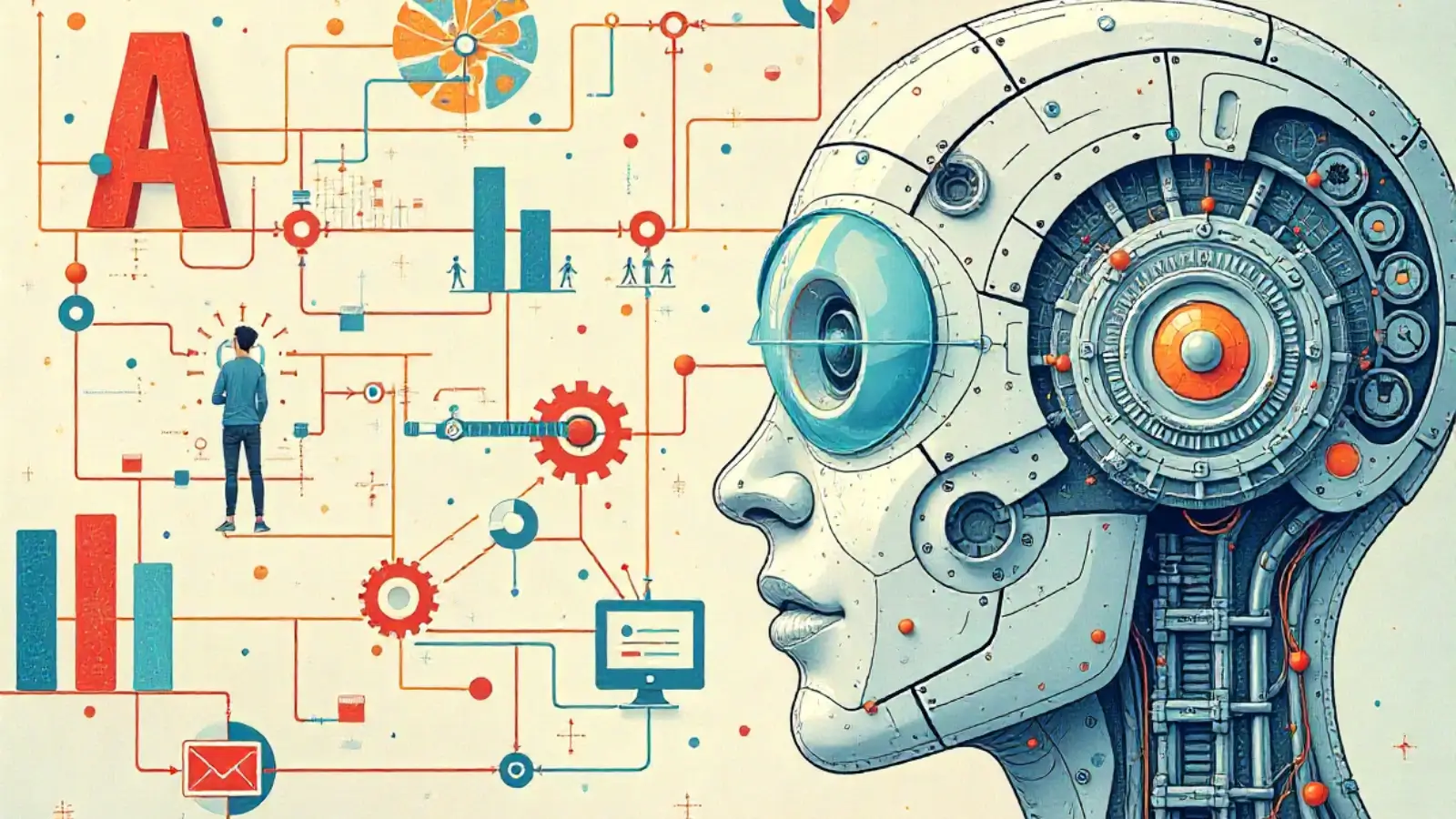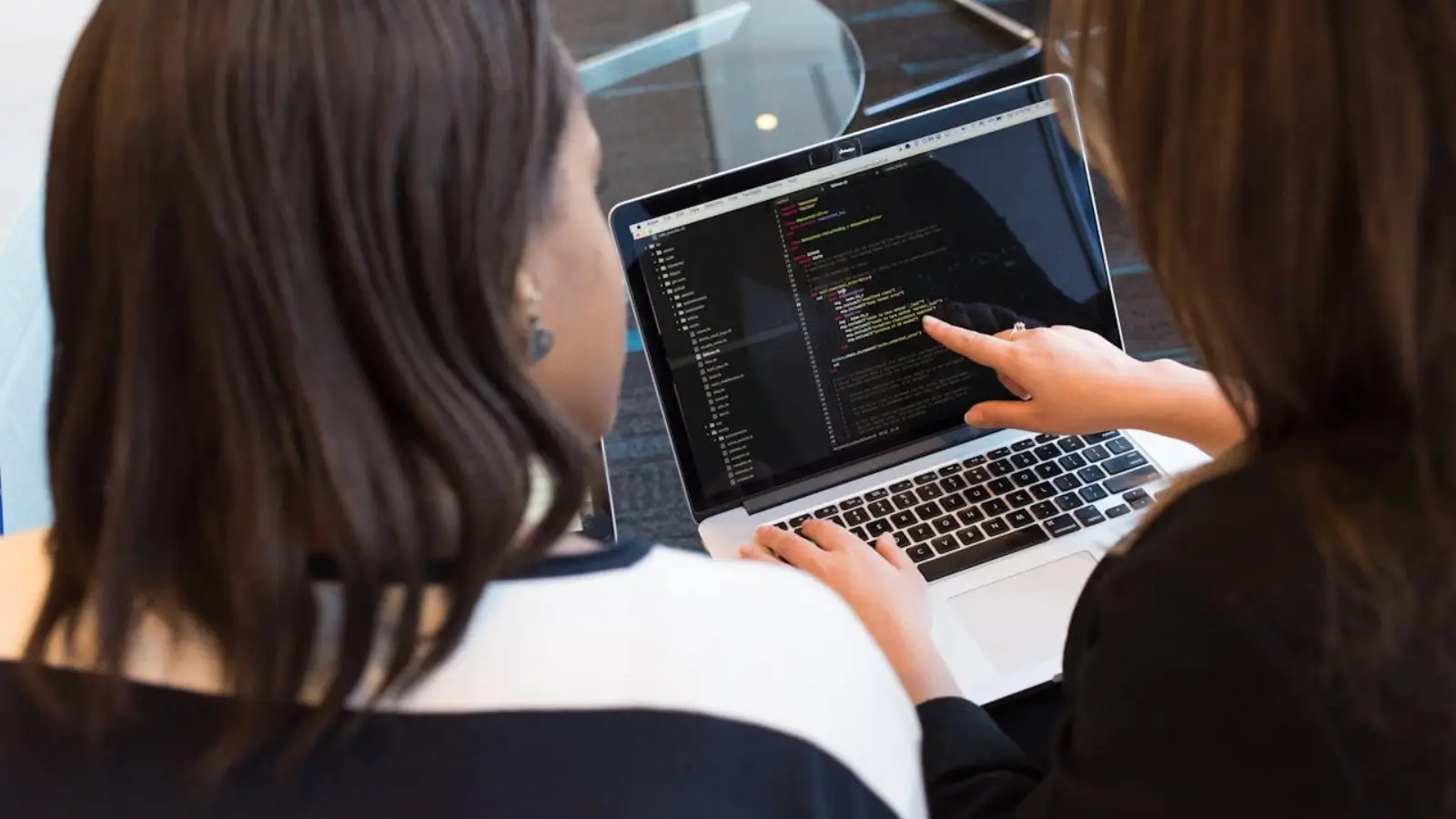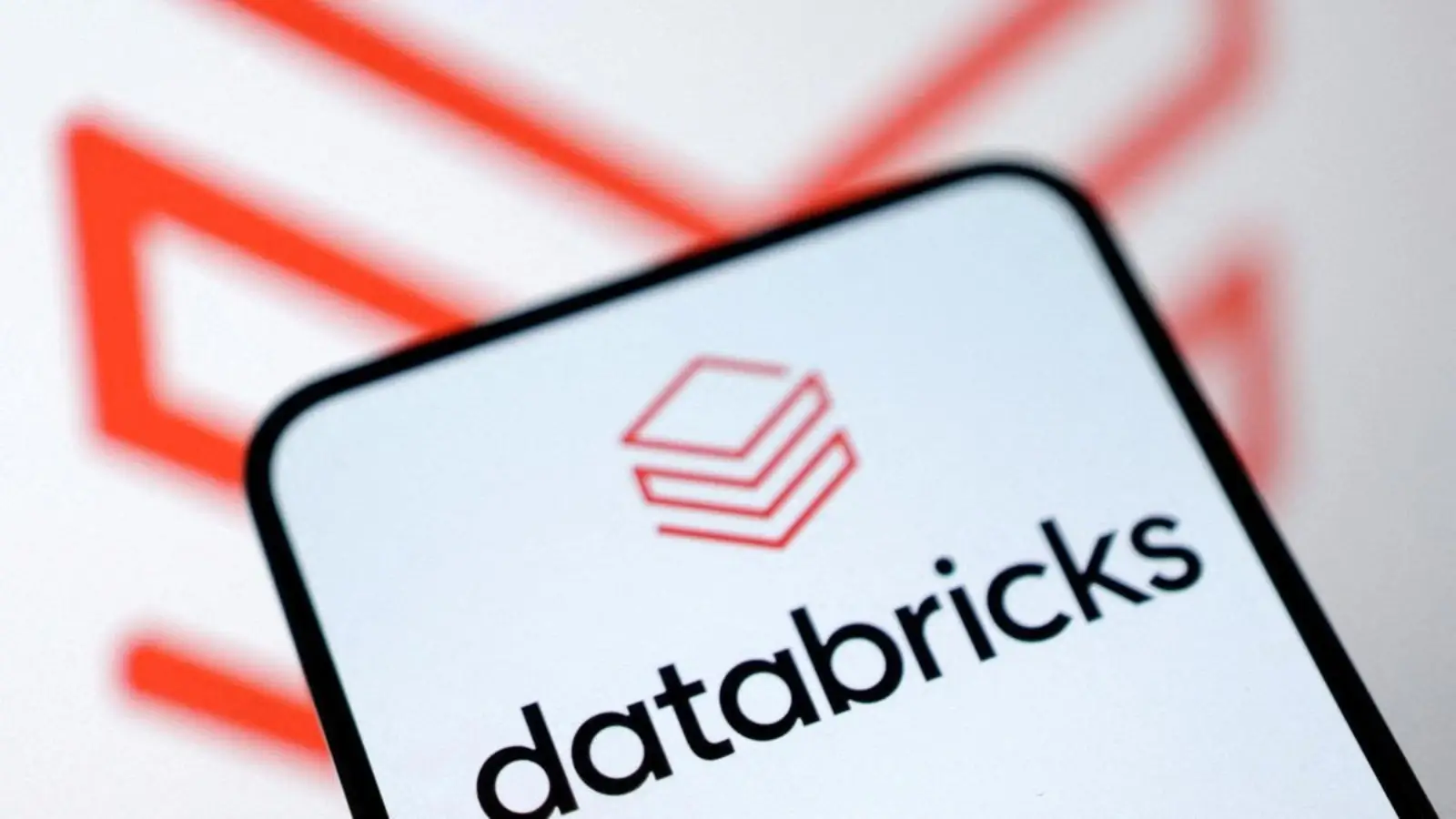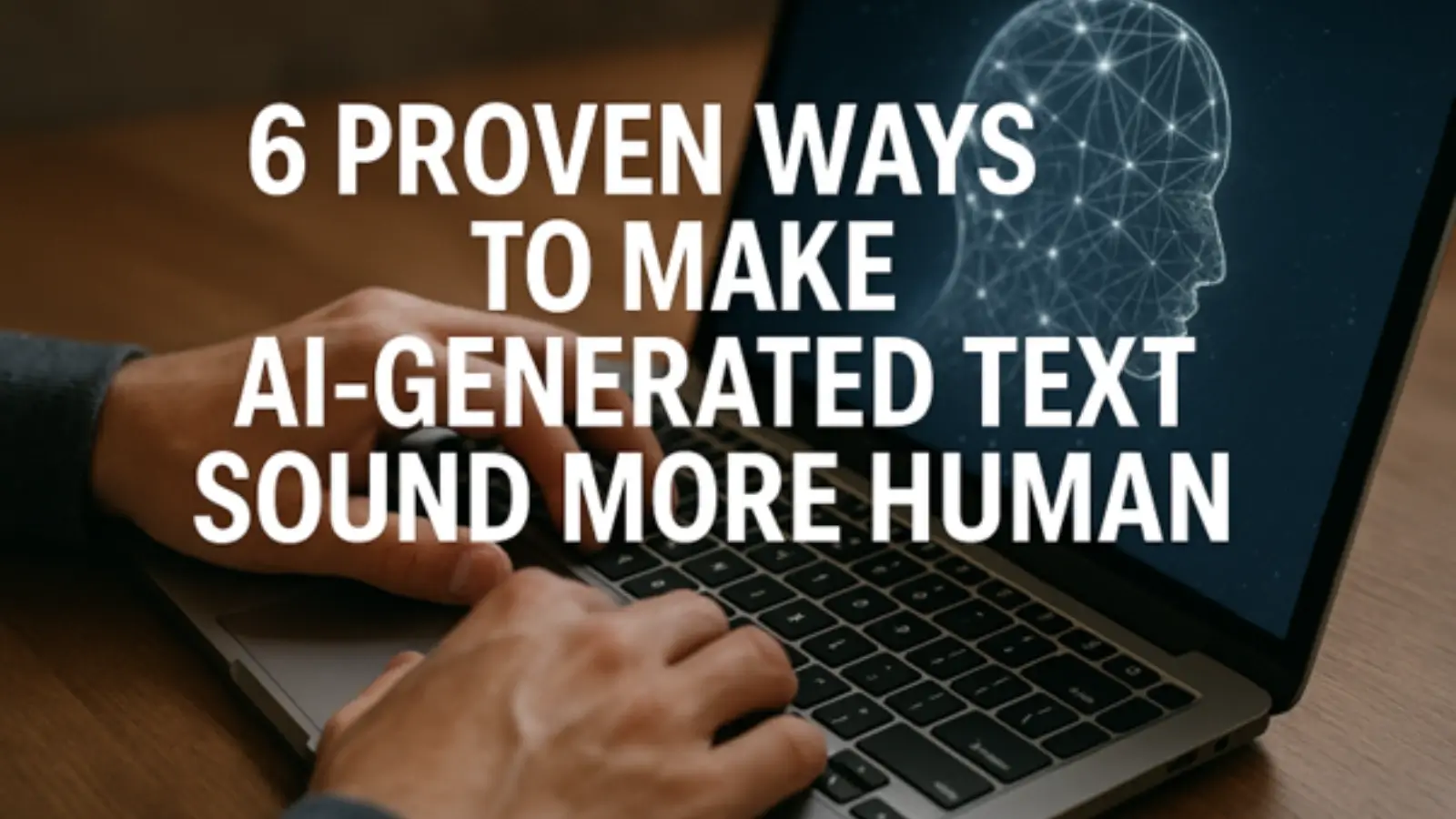"How will artificial intelligence alter investment behaviour?" As artificial intelligence keeps changing financial markets, this issue becomes more essential. AI technology is transforming investment approaches from improving market analysis to portfolio optimization. Investors who embrace these developments, such as those leveraging platforms like Go stablecapital-pro.com, will be better informed, faster decision-makers who position themselves for success in an always-changing financial environment.
Main AI Technologies Changing Investment Plans
Investing is fundamentally governed by artificial intelligence technologies, including predictive analytics, natural language processing (NLP), and machine learning. These instruments have changed trading algorithms, risk management, and portfolio optimization, improving investing methods' adaptability and efficiency.
Machine learning lets systems grow over time and be free from human intervention by learning from enormous datasets. In portfolio optimization, it notes trends and offers changes depending on evolving market conditions. Machine learning aids in the identification of possibilities and hazards that might pass under traditional approaches as markets become more dynamic.
Understanding human language depends on natural language processing (NLP), so evaluating unstructured data, including news, reports, and social media, also depends on this. More precisely, investors can evaluate market mood by spotting patterns and attitude changes before they appear in the statistics.
Using statistical techniques and past data, predictive analytics forecasts future market movements. Real-time data allows predictive analytics to offer a strong basis for decision-making. Especially in unpredictable markets, recognizing possible hazards helps to reduce losses and maximize gains.
AI improves decision-making and transforms it by letting investors manage their assets using a more flexible, data-driven approach. The more artificial intelligence develops, its uses will get increasingly more complex, allowing investors to predict market patterns and make quick judgments based on faster than ever possible.
How does artificial intelligence improve insight and market analysis?
The capacity of artificial intelligence to analyze vast volumes of data has greatly enhanced market research. AI reveals trends that human analysts might overlook by extracting insights from organized and unstructured data, providing a far better knowledge of market dynamics.
The capacity of artificial intelligence to manage enormous data sets has changed the approach to market trend tracking by analysts. While conventional approaches may depend on a few facts, artificial intelligence can draw from various sources—including social media opinions and financial reports. This provides a complete picture of the market. Faster portfolio modifications are based on the most current data, and more accurate forecasts follow.
Another vital artificial intelligence technology, sentiment analysis, is to grasp market mood and attitude. Sentiment analysis gives investors an advantage in knowing how people view specific stocks or sectors by examining social media, news stories, and even earnings calls. This study often results in a more complex knowledge of market behaviour.
From algorithms to autonomous intelligence, automated trading systems
From simple algorithms to very sophisticated AI-driven autonomous systems, the trading environment has seen a radical transformation. Originally meant to carry out pre-defined instructions-based trades, automated trading today uses artificial intelligence to make real-time judgments, thereby quickly adjusting to changes in the market.
Once, the preferred approach for lightning-fast high-frequency trading execution was algorithmic trading. Traders created methods to spot trends and make decisions apart from direct human involvement. These systems did not, however, adapt effectively to unanticipated market fluctuations and still mostly depended on set rules.
Now, we have arrived at autonomous artificial intelligence-driven trading systems. These systems change their approaches as they grow and learn from market data. They can forecast market movements, identify abnormalities, and react to market situations with a degree of speed and precision that humans cannot do by including machine learning.
This change will yield speed, accuracy, and less emotional bias. Unlike human emotions like fear or greed, which can frequently result in bad decisions, artificial intelligence trading systems are devoid of these things. Rather, they base their decisions on statistics and make more logical decisions even in erratic markets.
Conclusion
Artificial intelligence technology will change investment techniques even more as they develop. Those who are updated on these developments will have a competitive edge and make wise, fact-based decisions. Navigating the future of finance efficiently depends on an awareness of how artificial intelligence changes trade systems, market analysis, and portfolio optimization. Successful investors of tomorrow will be defined by adaptation to these developments.

















